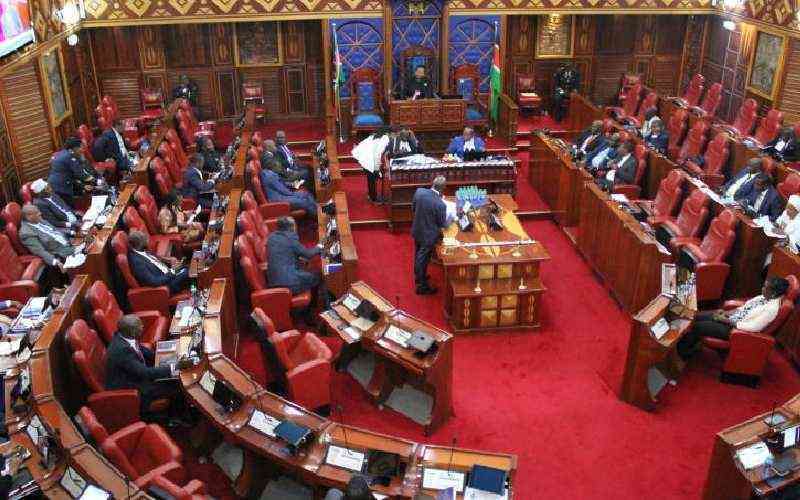
Audio By Vocalize

Senators put to task the National Cohesion and Integration Commission (NCIC) to explain what it has done to resolve the conflict between Kitui and Tana River communities that has led to the loss of lives and property.
NCIC Chairperson Samuel Kobia accompanied by Commissioners Phillip Okundi, Dorcas Kedogo and CEO Skitter Ocharo appeared before the Senate National Cohesion and Integration Committee chaired by Mohammed Chute at Parliament Buildings, Nairobi, yesterday.

